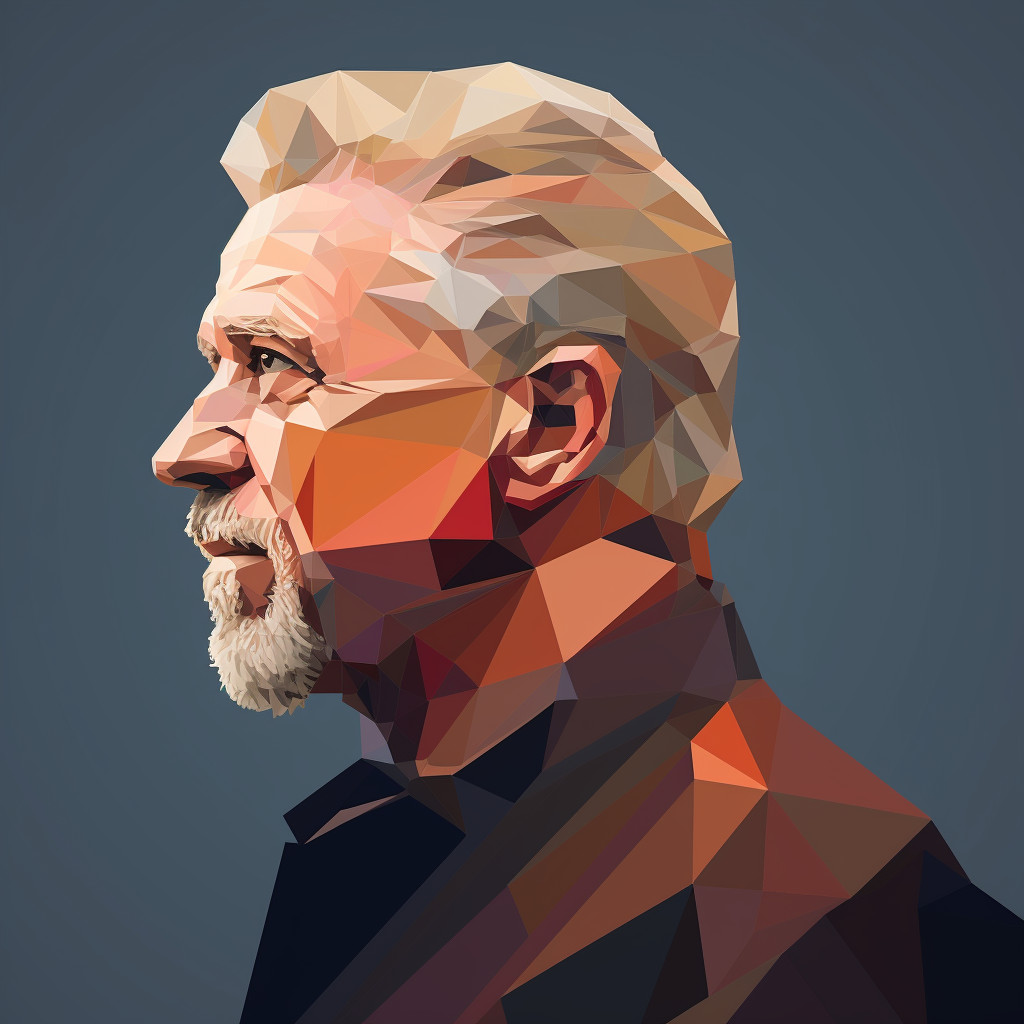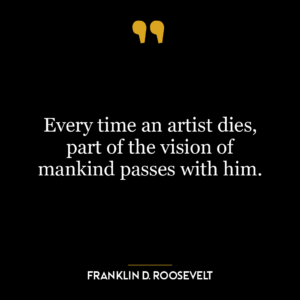This quote suggests that the act of giving is not influenced by how much one earns, but rather by the individual’s personal values, empathy, and generosity. It implies that a person’s inclination to give is not proportionate to their income level. In other words, a wealthy person may not necessarily be more generous than someone with less financial means, and vice versa. The desire to give is an inherent trait, independent of one’s financial status.
This perspective challenges the common assumption that wealthier people are, or should be, more philanthropic due to their greater resources. While it’s true that they may have more to give, it doesn’t mean they have a greater desire to do so. Similarly, those with lesser income may not have as much to give, but their desire to help others could be significantly stronger.
Applying this idea in today’s world, we can see that philanthropy and acts of kindness are not exclusive to the wealthy. Crowdfunding campaigns, for instance, are often supported by people from various income levels, demonstrating that the desire to give and help is universal and not bound by financial capacity.
In terms of personal development, this quote encourages us to nurture our desire to give, regardless of our financial status. It reminds us that generosity is a virtue that can be cultivated by anyone, irrespective of their income. It’s about understanding the value of giving and the impact it can make, rather than focusing on the amount. Hence, we should not limit our capacity to give by our income level, but rather let our empathy and kindness drive our actions.










